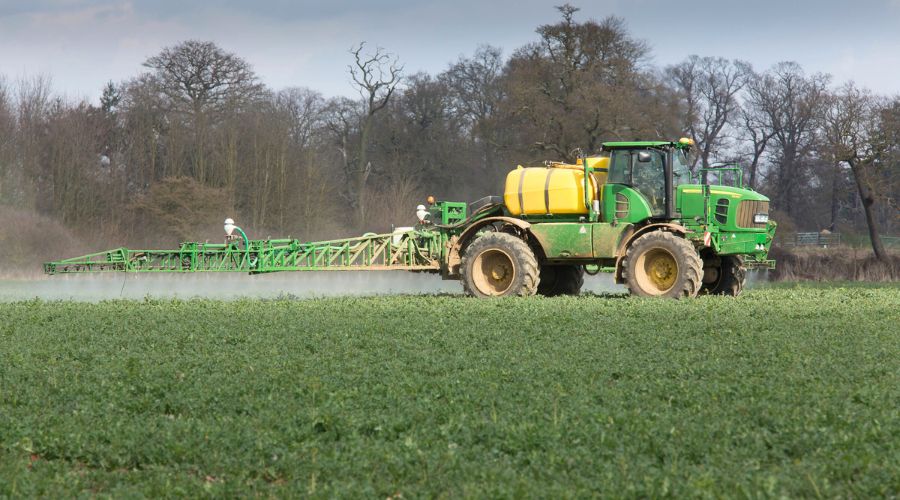Farmers warned that weeds are growing rapidly due to warm weather
31st October 2024
Corteva Agriscience is warning farmers that weeds are continuing to emerge and grow in oilseed rape crops later than usual due to unseasonably mild temperatures.

Weeds are growing rapidly which, if unchecked, could be detrimental to the crop, the arable expert said.
While the national picture varies, later-drilled crops are still small, and weeds are only just coming through. Where early-drilled rape established well, crops are forward with large canopies.
Warmer weather also means most growers have the conditions to apply autumn herbicides to control key problem weeds.
Joe Martin, oilseed rape herbicides field technical manager, said: “After last autumn, when many farms either struggled to drill or failed to get on with the sprayer, the chance to apply a contact herbicide in late October and early November will be welcome.
“Growers are usually preparing for propyzamide applications to control grassweeds now, but soil temperatures need to be 10 degrees and falling, and most parts of the country are some way from that at the moment.
“Where the weather is favourable, there is a chance to take out key problem weeds.”
Weeds under control
Broad-leaved weed herbicide Belkar has become an intrinsic part of integrated strategies, Corteva Agriscience expert added.
Applied post-emergence, it deals with a wide range of key weeds such as poppy, cleavers, shepherd’s purse, fumitory and cranesbill.
The Arylex active + picloram formulation has given growers the option of waiting until a crop has established before deciding on their herbicide investment, rather than an up-front spend on residual chemistry.
Mr Martin added: “Where certain key weeds are a problem at this point in autumn, the actives in both Belkar and Astrokerb will give good control of the majority of these weeds.
“One example is mayweeds, which can germinate in numerous flushes and are controlled best with a programmed or robust approach. Arylex active and aminopyralid are both key active ingredients and can be used together or in a sequence.
“Cleavers, fumitory, shepherd’s purse and poppy are all key weeds that should be targeted for control in the autumn.
“Our trials have also shown that Belkar is a key herbicide, which can control bur chervil once the crop has established,” he continued.
At this point in the autumn, where weeds are small, 0.25L/ha of Belkar will give good control. But as weeds become larger, in crops with at least six true leaves, the rate should be increased to 0.5L/ha.
Growers can apply Belkar now or tank mix later with propyzamide. Belkar can be tank mixed with either Astrokerb or Kerb Flo 500 until the end of December.
The micronutrient boron can now be mixed in the same tank as Belkar, as the previous label restriction has been removed.
“This should be helpful in terms of efficiency for anyone making a herbicide pass and wanting to add boron to the tank,” Mr Martin concluded.
Read more arable news.


